2022. August 22.
Saudi Arabia’s national secondary school team prepared for the International Physics Olympiad (IPhO) with the help of BME’s teachers and researchers.
“BME has the technical infrastructure and the academic and research competence needed to thoroughly prepare the students in theory and practice,” said Krisztián Szász, senior research fellow at the Department of Physics of the Institute of Physics at BME’s Faculty of Natural Sciences (BME TTK), the coordinator of the practical preparation of the secondary school students arriving from Saudi Arabia to BME.
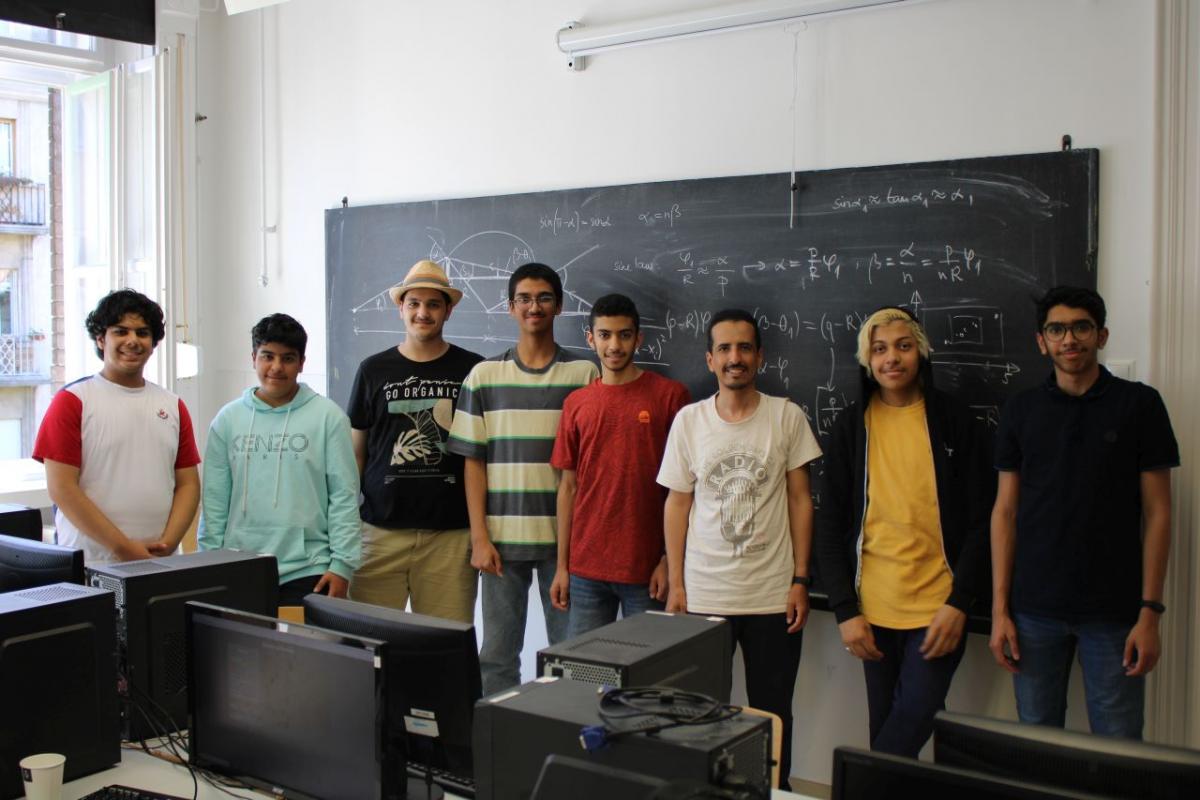
BME has been working together with the Mawhiba Foundation from Saudi Arabia for 7 years. The Mawhiba Foundation was established to find the country’s talented secondary schools students, select the best and prepare them for the annual international Olympiad organised for students in various subjects.
The preparation of the most talented Saudi students usually includes a nearly six-month-long preparation programme: the theoretical part takes place in their own country with the involvement of foreign presenters while the practical training is conducted in Budapest, at BME.
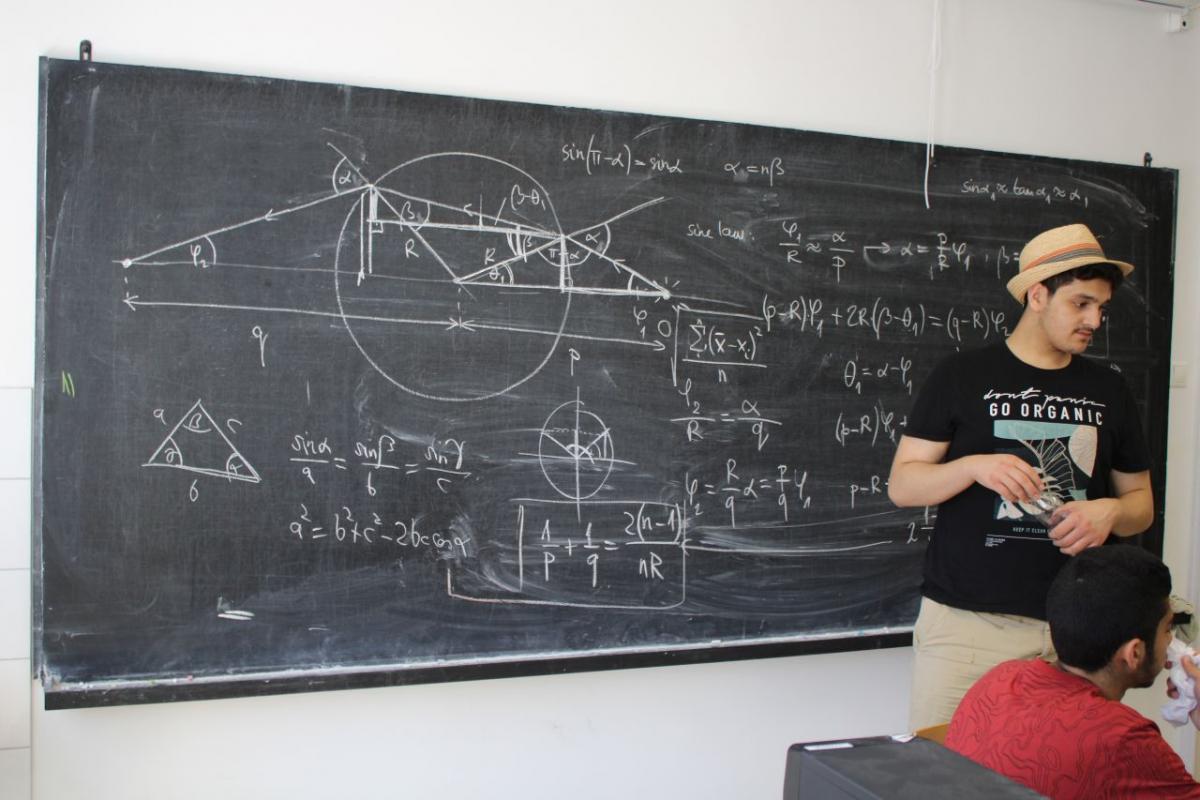
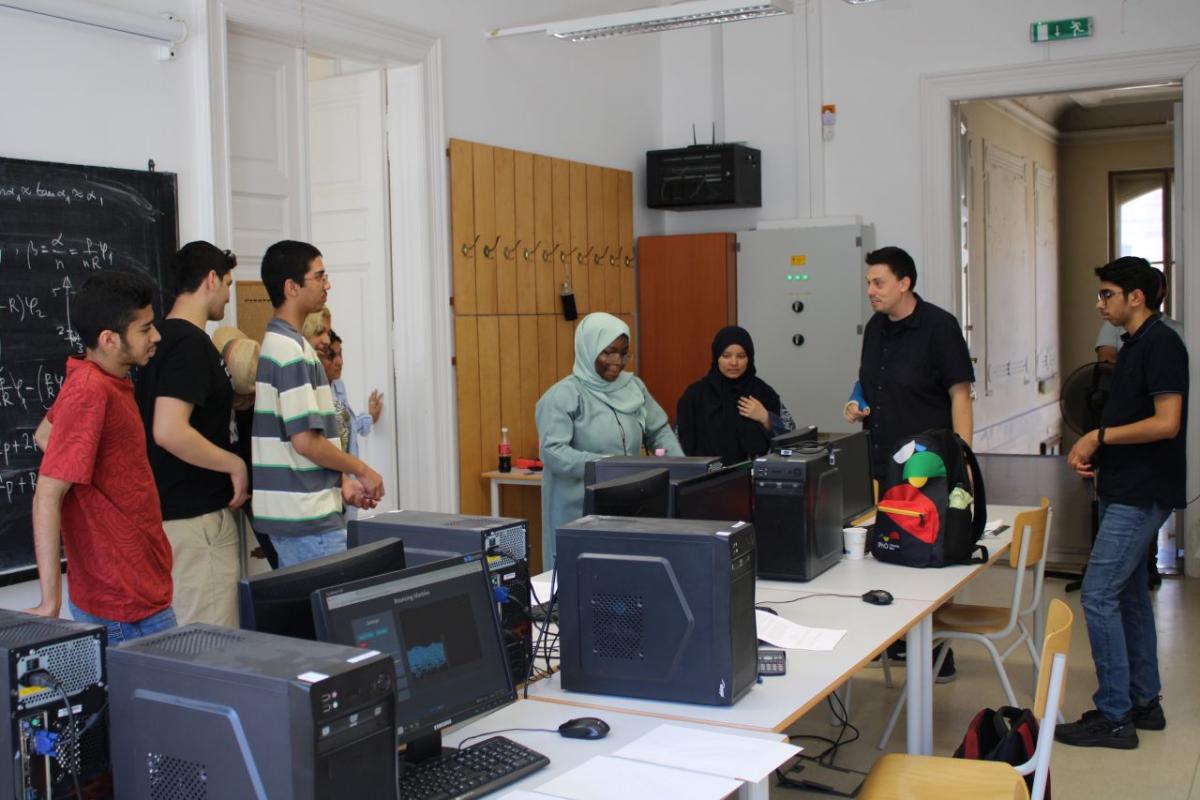
“As the practical training is preceded by a multi-round selection process, the team arriving to BME consists of the students with the highest dedication to the competition and learning. The secondary education system in Saudi Arabia offers much fewer opportunities for students to experience the circumstances of competitions as they essentially do not have any kind of academic competitions,” Krisztián Szász. The one-and-a-half-week-long intensive preparatory camp at BME also taught students the skills to face such circumstances. He added that the IPhO requires students to demonstrate a high level of theoretical and practical competence in physics beyond what is taught in secondary schools and necessary for a number of university courses. Some problems presented by the mentors in the morning and afternoon sessions during the six days required independent thinking. “As part of the practical programme, the students were supplied with measuring instruments but received only a few instructions on their use. This unusual pedagogical feat encouraged them to be able to respond to unexpected situations and to employ engineering creativity instead of following normal patterns. The team remained very enthusiastic all throughout the session trying to solve the problems in a creative way using the time available,” said the senior research fellow of BME TTK in describing the details of the fairly tight and exhausting preparation.
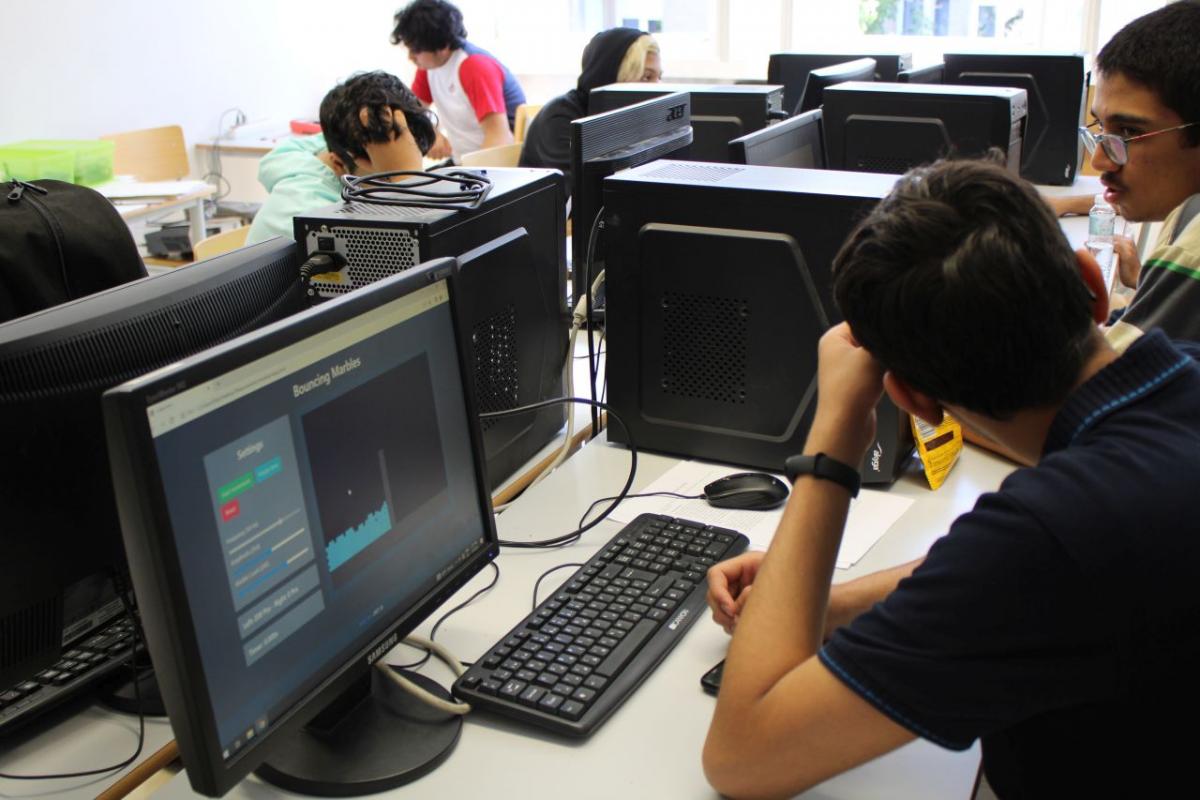
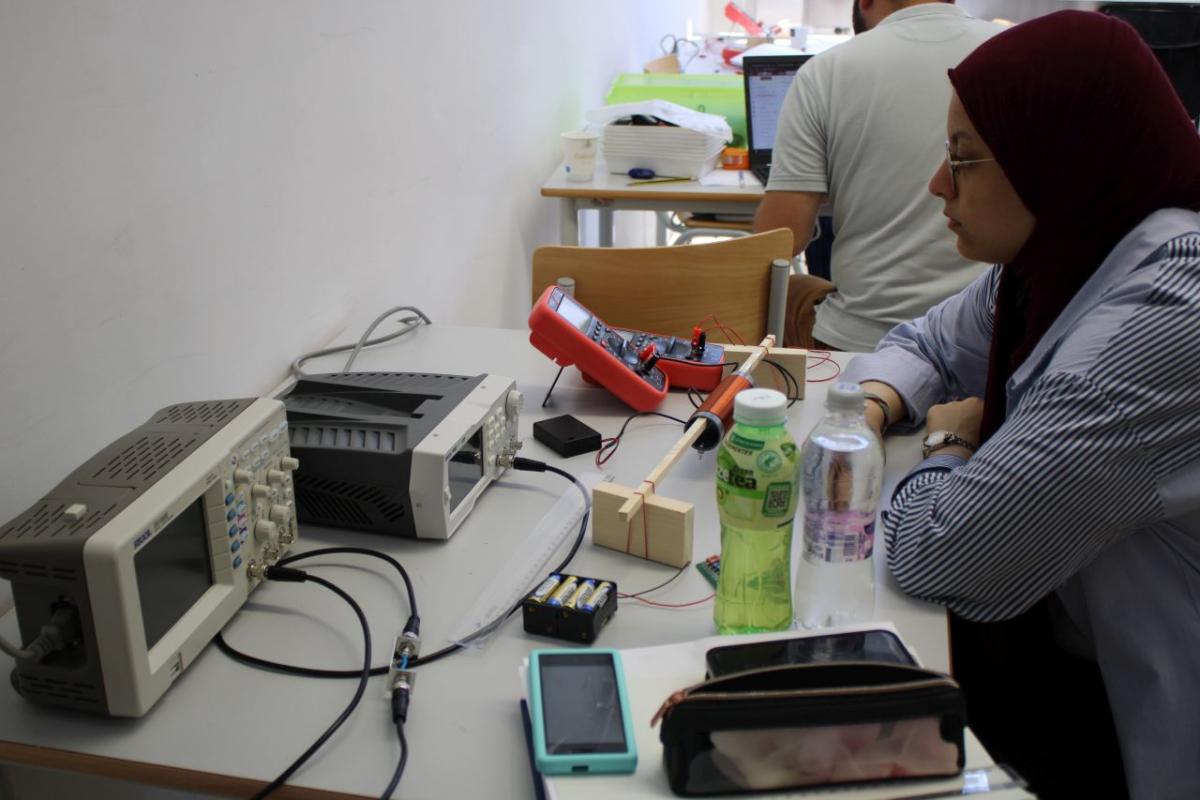
Each national team at the academic Olympiad may have maximum 5 members, each of whom compete individually. The national team rank is based on the individual scores. “Since we first started this practical training at BME, the Saudi participants have been performing definitely much better. Contrary to their previous results, the country now has several silver and bronze medals. Most students remain committed to this field even after the competition: they start their bachelor studies in physics or natural sciences and there was even one student who won a scholarship to the Massachusetts Institute of Technology (MIT) in the USA based on what he learned during the preparation for the Olympiad,” said Krisztián Szász in evaluating the results. He added that there is a former Saudi participant who took part in the preparation of the younger generation and teaches theory to the students.
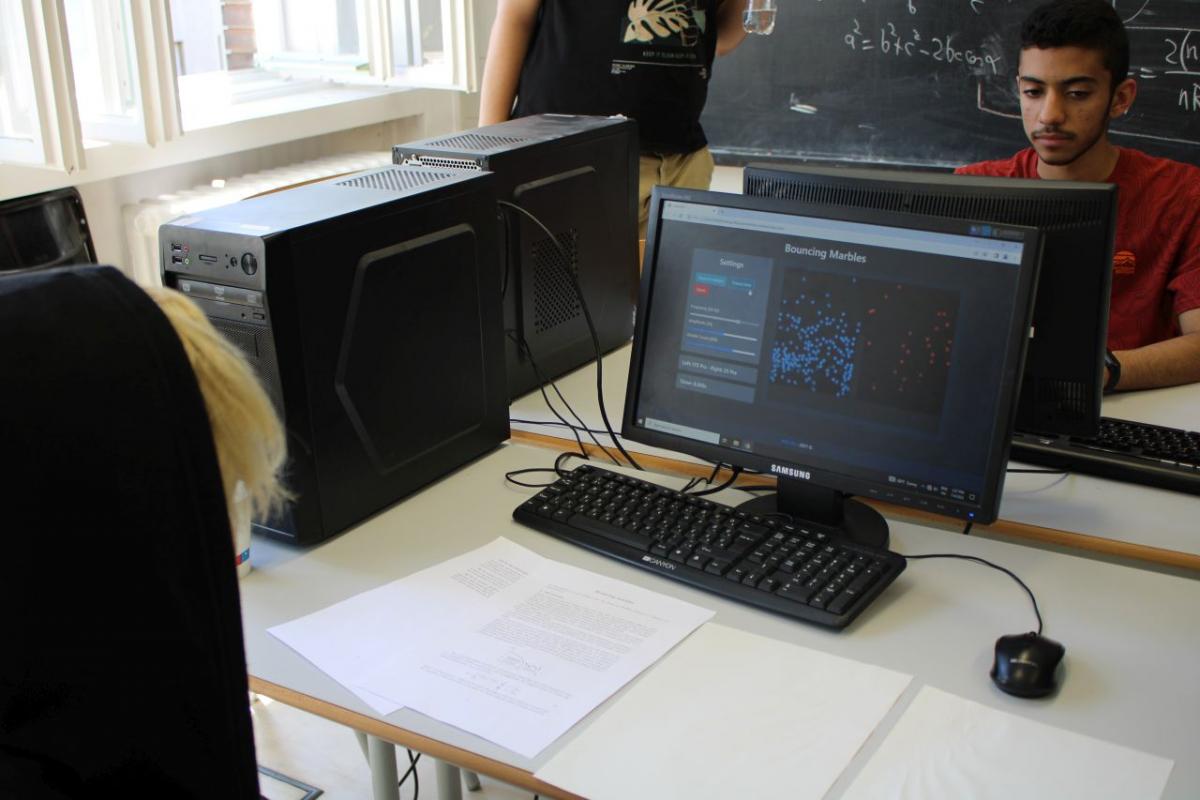
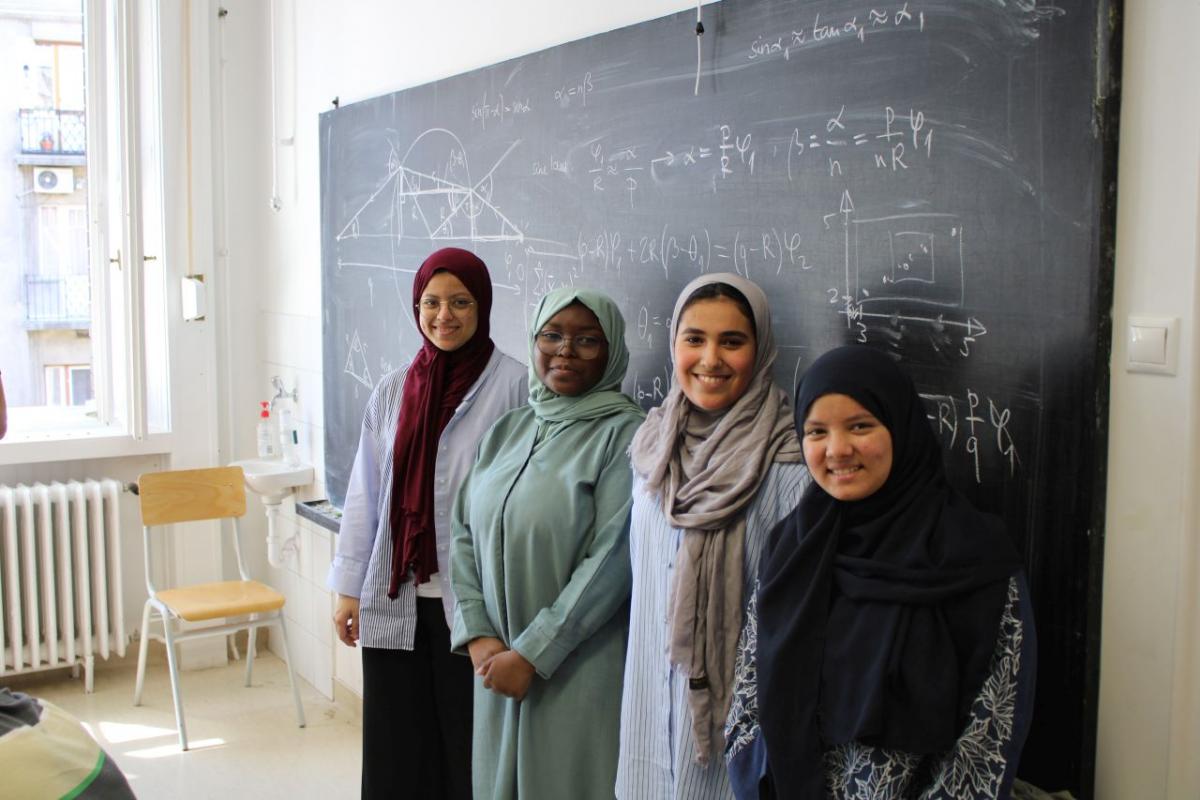
He also informed us that BME’s teachers also support the preparation of the Hungarian national team for the IPhO. In the autumn semester, BME TTK launches a free weekly Olympiad preparatory programme: due to the pandemic, the participants earlier joined a YouTube live stream but in-person sessions are expected to resume from this autumn. The theoretical and laboratory training ends in the spring. The international competition of the physics Olympiad, whose founders included Hungary as well, has been held in the early summer since 1967. “The Hungarian students are very good at this subject demonstrated by the outstanding results they achieved time and time again. One of the most talented competitors was the absolute winner in two consecutive years, we have at least one team member winning a gold medal every year while silver and bronze medals are won each year by the Hungarian students.”
This year’s IPhO was hosted online by Switzerland between July 10 and 17. To solve the experimental problems, competitors had to evaluate measurement data generated by the programme instead of using real instruments. This required familiarity with the concepts and methods learned while conducting real experiments. Contrary to the practical examination, the theoretical examination included the usual problems with multiple parts and long texts whose solution required a little more creativity this year.
The results of the Hungarian national team: 1 gold, 1 silver, 3 bronze medals
The results of the Saudi national team: 1 silver, 2 bronze medals and 2 honorary mentions
TZS-KJ
Photo sources: BME TTK


